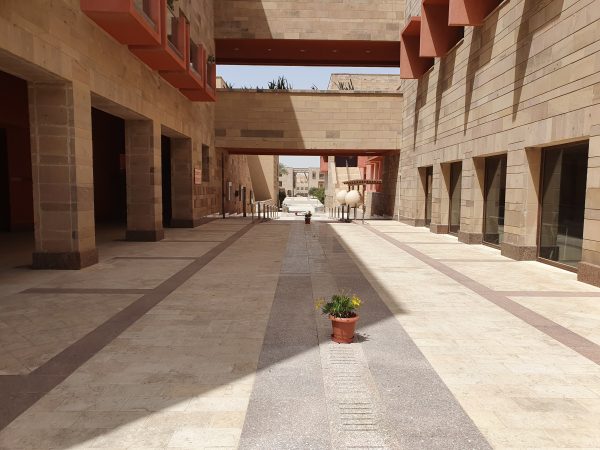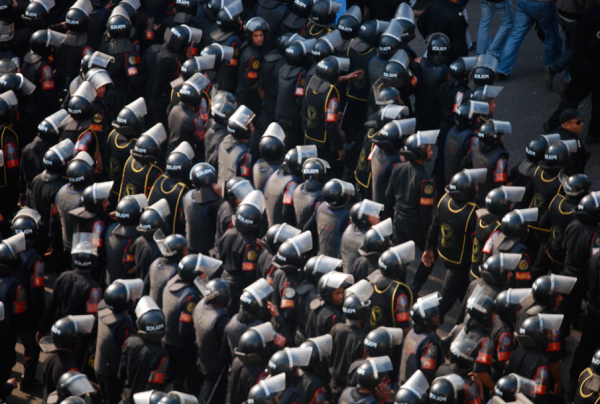The Sahel Variant
By: Judith Uttendorfer
@judith_utd
English Managing Editor
Seeing all the parties on the North Coast this past summer in my friends’ and classmates’ Instagram stories, I feel a deep longing.
There are very few things I want more than for life to get back to normal. I want to spend weekends at my friend’s beach house, and I want to hug that other friend I haven’t seen in over a year.
But Corona is still out there. It isn’t far away. I see it in my closest friends’ family. And despite people dying from that virus all around us, Egypt seems to have forgotten that this deadly menace exists, now that it has become more dangerous than ever with the Delta variant taking over.
According to the World Health Organisation (WHO), viruses form new variants all the time when transferring from one person to another. They are not all more dangerous than the original one, but the more often a virus changes, the higher the possibility of it differing in ways that make a pandemic even worse.
The Sahel Variant sounds like a funny conversation joke until one starts thinking about it. Our current variants originate in South Africa, Brazil and India. These are all countries with very few Corona restrictions and high population density.
So what makes Egypt different? Not much, in my opinion. Yes, we have regulations in schools and mask mandates in indoor places, but the parties in Sahel are not only a vacation for us, but also a fun holiday for the virus. People moving body to body, kissing cheeks, giving hugs, gifting Corona – what a paradise.
If high infection rates increase the danger of variants is there a better place than Sahel for the virus to change? And if that is the case how do we know that it isn’t already too late?
What worries me most is that the vaccines don’t seem very effective against the variants. AUC is relying on our vaccination status for a safe face-to-face mode of instruction. A Sahel variant could endanger all our safety and most probably send us all back to Zoom classes.
Again, we won’t be able to sit in the gardens, meet our friends and have quality education.
And again, us Music majors will have to fight to at least have our individual classes on campus; we will have to deal with bad internet connections and distracting family members.
But at least we would be able to go back to the beach, right?




